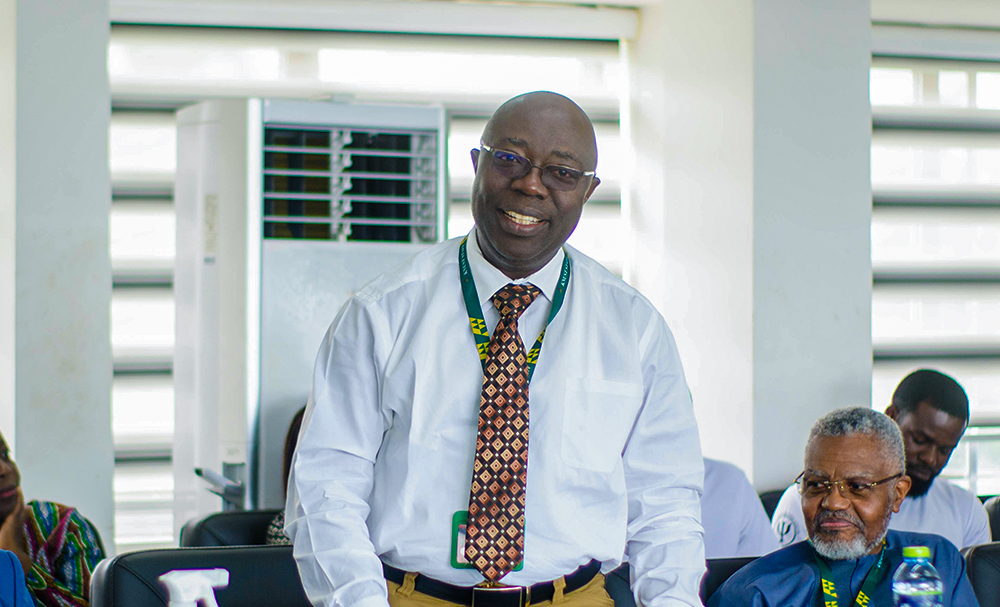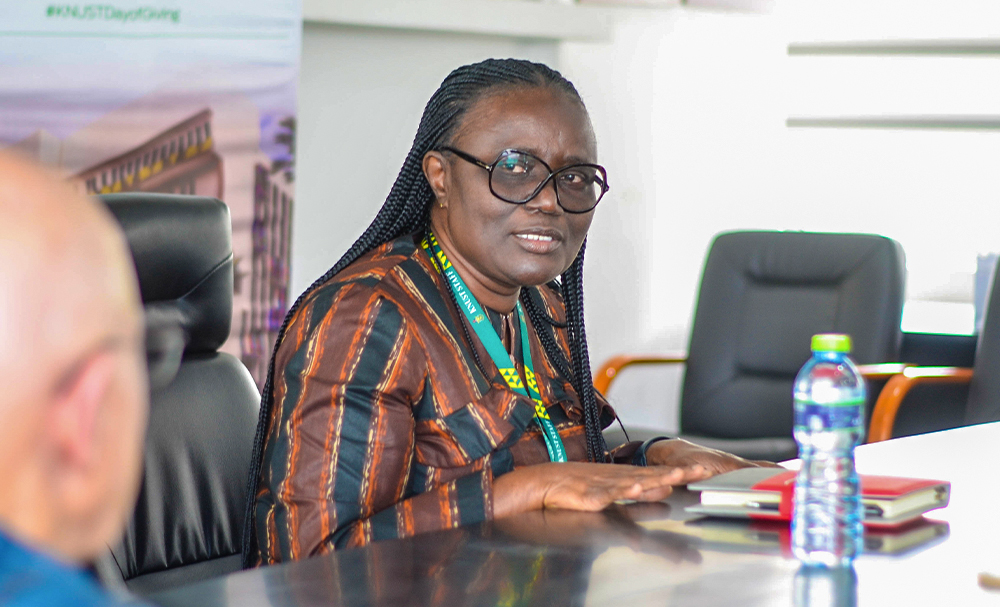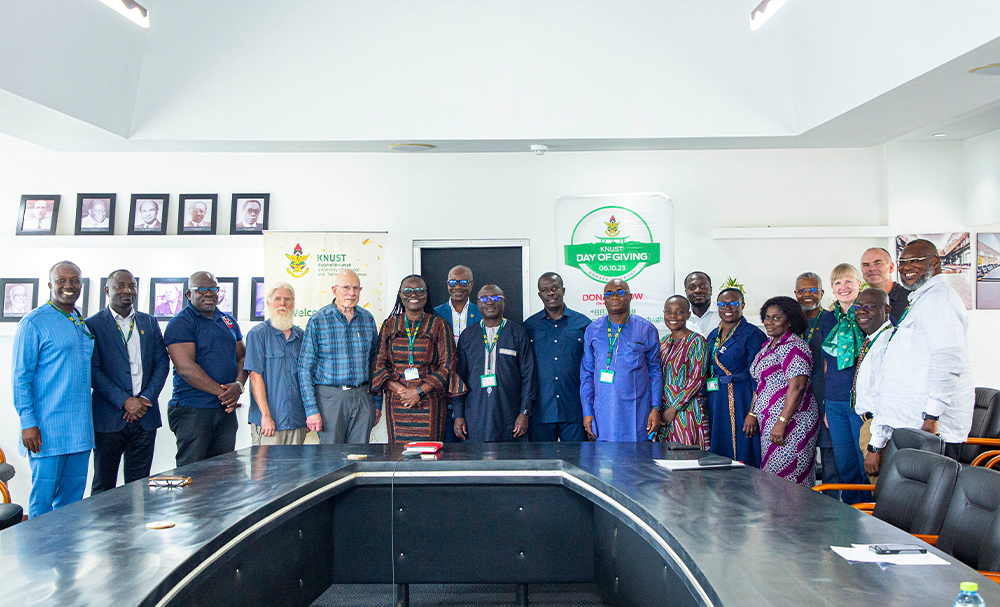The Kwame Nkrumah University of Science and Technology (KNUST) and the University of Utah have reaffirmed their commitment to medical education, research and partnership after over two decades of academic collaboration.
A delegation from the University of Utah, led by Professor Emeritus Devon Hale, visited KNUST’s Vice-Chancellor as part of activities marking the 50th anniversary of the School of Medical Sciences (SMS).
Professor Emeritus Devon Hale, Department of Internal Medicine, University of Utah said the relationship started after Utah students expressed interest in gaining international medical experience.
“It all started when our students expressed the desire to learn abroad. We wanted a place that offered rigorous academic work and a supportive environment. KNUST offered that and more,” he revealed.
“The first cohort of Utah students arrived at KNUST around 2000–2001, with 10 participants placed in various programmes. Since then, over 31 faculty members from Utah have visited KNUST to share expertise in areas such as dental care and pathology,” he added

Former Dean of the School of Medical Sciences, Professor Daniel Ansong, described the partnership as one that has significantly impacted teaching, student exchange, and faculty development in various fields, including anatomy, microbiology, public health, nursing, and anaesthesia.
“As part of our 50th anniversary, we decided to recognise our international partners. Among many, the University of Utah stood out for its sustained and impactful collaboration over the past 20 years,” he noted.

Vice-Chancellor, Professor Mrs Rita Akosua Dickson commended the long-standing partnership and acknowledged the mutual benefits of the collaboration.
“Well done for beginning such a beautiful story and making sure that over 20 years, we have come this far. It was not just you giving to KNUST. We also gave back to your university. That is the beauty of partnership,” she said
She said that international partnerships remain critical to KNUST’s mission to train globally competitive medical professionals.
“We are not just training doctors to work in Ghana, we are training international professionals. And we cannot do that without the input of our international partners,” he said.
Professor Dickson called for continued collaboration and a renewed focus on expanding the partnership’s impact.
“As we celebrate this milestone, let us not only reflect on how far we’ve come, but also envision the future. The real question is: what’s next, and how do we build on this legacy for even greater impact?” she concluded

















